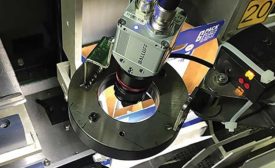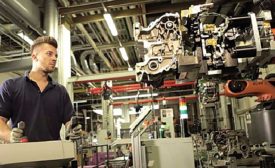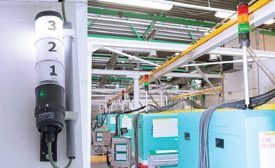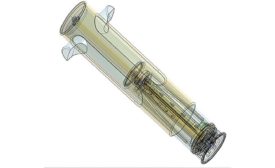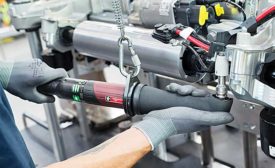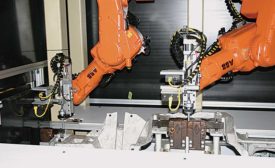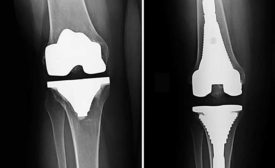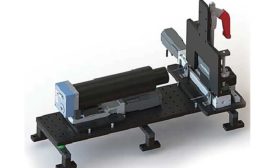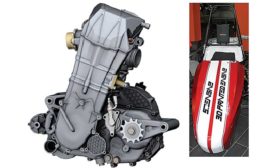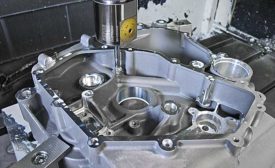Articles by Jim Camillo
What’s New With Robot End-Effectors
Equipment suppliers, and integrators, increasingly offer smart end-effectors for cobots, multi-part handling and IIOT applications
December 3, 2019
Never miss the latest news and trends driving the manufacturing industry
Stay in the know on the latest assembly trends.
JOIN TODAY!Copyright ©2024. All Rights Reserved BNP Media.
Design, CMS, Hosting & Web Development :: ePublishing
